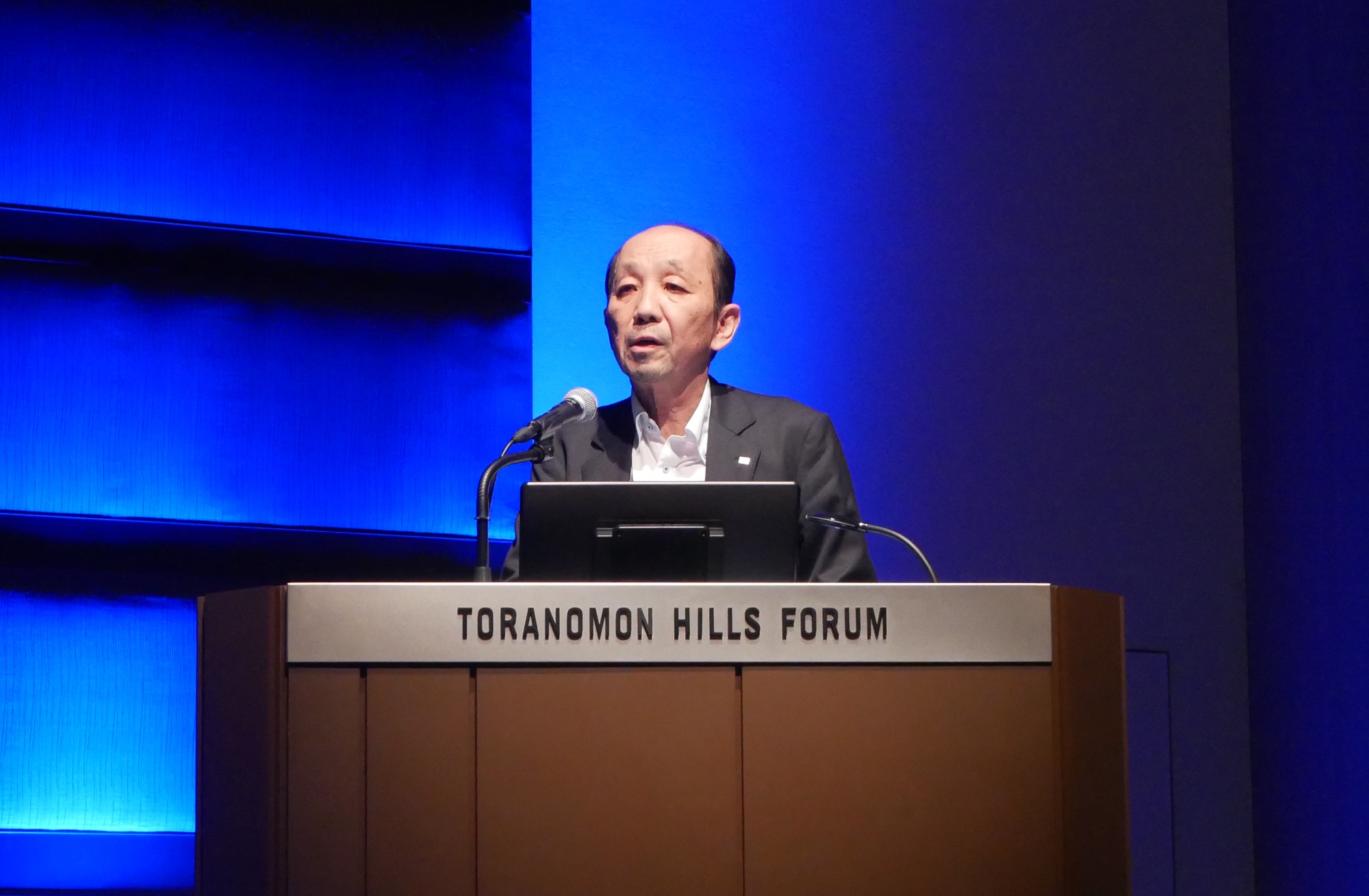TOKYO — Japan’s space agency is seeking industry proposals for technologies that could contribute to future commercial space stations as the government studies what role it would play in supporting efforts to replace the International Space Station.
The request for proposals is part of a new Space Strategic Fund established by the Japanese government and administered by the space agency JAXA, which will offer one trillion yen ($6.2 billion) over 10 years to Japanese companies to help expand the country’s space industry.
JAXA issued the first call for proposals July 5 for technologies that would be supported by the fund, said Yasuo Ishii, senior vice president of JAXA, during a July 8 speech at the Spacetide conference here. “We are ready to provide public money to the private sector for R&D,” he said.
The first topics included by the fund are in five areas ranging from launch vehicles and satellite constellations to lunar exploration. Additional topics will be solicited in the coming weeks.
Those future rounds will feature capabilities relevant to commercial space stations. They include cargo transportation systems, life science experiment systems and space station modules.
That work will inform plans by Japan on how it can participate in commercial space stations being developed by American companies in partnership with NASA. “We are discussing how we will join NASA’s Commercial LEO Destination program,” he said. “Our responsibility is not clear yet, but, of course, commitment at the government level is essential to commercial operations.”
JAXA’s efforts parallel challenges that other international partners face managing the transition from the current ISS to future commercial stations. Current barter arrangements among the partners to cover costs of ISS operations won’t translate to commercial stations where space agencies will be tenants.
The European Space Agency, for example, is supporting development of commercial spacecraft designed to transport cargo to and from space stations. In May, it selected Thales Alenia Space and The Exploration Company for initial design work on such cargo vehicles. While those spacecraft will ultimately be demonstrated on missions to the ISS, the market for such vehicles will be to offer services for commercial stations, providing one potential mechanism for European companies and governments to participate in those stations without making direct payments to the American owners of them.
The Space Strategic Fund will not be limited to commercial space station work, with funding for a wide range of technologies that Japanese officials said at the conference is intended to bolster the country’s space industry.
“In order to ensure Japan’s independence in space activities, we will promote technological development that continues to strengthen Japan’s technological superiority, ensuring supply chain autonomy,” said Jun Kazeki, director-general of the National Space Policy Secretariat within the Japanese government’s Cabinet Office, during another conference panel.
“We support technology development by private companies, including startups, and universities and academia” through the fund, he said, with the goal of creating “a virtuous cycle of business expansion for private companies.”
Related
Read the original article here
